When we consider the behavior of our beloved four-legged friends, some actions can be hard to explain, and one of these is their inclination to drink toilet water.
While it may seem baffling and even disgusting to us, it could be grounded in various behavioral traits of dogs, such as their natural curiosity and preference for different water sources.
This essay sheds light on these behaviors as well as the influential role owners might play in encouraging them.
Additionally, it delves into the potential health risks associated with consuming toilet water, covering concerns about bacterial infections, viral diseases, and exposure to harmful cleaning agents.
Finally, we will explore preventive measures, including proper training and ensuring that fresh and clean water is always accessible.
Why Do Dogs Drink Toilet Water?
Dogs may drink toilet water due to curiosity, thirst, or because it smells interesting to them. However, it’s not a healthy habit as toilet water can contain harmful chemicals or bacteria. To ensure their well-being, provide clean, fresh water in a designated bowl for your dog.
Behavioral Reasons for Drinking Toilet Water
Canine Curiosity and Preferences
In many occurrences, the act of dogs drinking from the toilet is rooted in their inherent curiosity and specific preference for the taste and temperature of water.
Canines, much like their wild ancestors, are naturally inclined to explore and taste the environment around them, which often includes areas that humans might deem unsanitary, such as toilets.
In terms of preference, dogs may be attracted to the cooler temperature of toilet water, especially in warmer climates or seasons.
Understanding Canine Behaviors
Dogs are known for their keen observation skills and habit of mirroring the behaviors of their human companions.
Often, this is a key reason why dogs are inclined to drink from the toilet. If a dog sees its owner interacting with the toilet, it may interpret it as a possible water source.
This behavior can also surface when dogs lack an easily accessible source of fresh water or have been previously conditioned to drink from various alternatives.
Hence, it’s important for pet owners to ensure that fresh water is always available for their dogs and to discourage them from consuming water from improper sources like the toilet.

Health Implications of Drinking Toilet Water
| Health Implication | Description |
|---|---|
| Bacterial Contamination | Toilet bowls may contain harmful bacteria like E. coli and Salmonella, leading to gastrointestinal infections. |
| Chemical Residue | Cleaning agents and chemicals in toilet water can be toxic to dogs, potentially causing poisoning. |
| Dental Issues | The bowl’s porcelain surface can be abrasive, potentially causing dental damage or chipped teeth. |
| Dehydration | Toilet water is not a clean source of hydration and may not provide the necessary fluids, leading to dehydration. |
| Behavioral Concerns | Encouraging toilet water consumption may lead to unsanitary habits and discourage dogs from drinking clean water. |
The Potential Dangers of Toilet Water
It is crucial for pet owners to understand the health risks a dog can be exposed to when consuming toilet water. Toilets are often a breeding ground for a multitude of bacteria and viruses, posing a significant threat to a dog’s immune system.
Among these microorganisms are harmful pathogens capable of inducing serious infections or diseases in the gastrointestinal tract.
Some of these could even prove fatal if not promptly diagnosed and treated.
For example, dogs drinking toilet water risk the intake of pathogens like Campylobacter or Clostridium Perfringens, which are commonly found in toilets. Such bacteria can trigger intense diarrhea, gastrointestinal discomfort, and even more serious, systemic infections.
The Danger of Drinking Toilet Water
As pet owners, it’s crucial to understand the potential dangers of our dogs drinking toilet water.
Aside from the unappealing nature of the act, allowing our pets to sip from the bowl could result in exposure to harmful bacteria and viruses.
Moreover, many homeowners regularly clean their toilets using various sanitizing agents like bleach, phosphoric acids, and disinfectants.
If ingested, even in small quantities, these chemicals can lead to severe symptoms like vomiting, diarrhea, loss of appetite, excessive drooling, and lethargy.
In the worst circumstances, it could damage vital organs such as the liver and kidney, or cause a fatal incident. So, the distaste of the situation isn’t the only concern; it’s also an undeniable risk to our dogs’ health.

Preventing Dogs from Drinking Toilet Water
Steps Towards Prevention
Given the potential risks, it’s advisable to implement strategies to prevent our dogs from consuming toilet water.
One effective approach to this is through consistent training from an early stage. It’s important to set boundaries in the house, restricting certain areas, including the bathroom, to deter our canine friends from getting access to the toilet.
Additionally, training your dog to respond to the ‘leave it’ command can be particularly useful.
You can use this command to stop your dog from approaching the toilet or interrupt them mid-drink. In this way, we can ensure both their safety and hygiene while also preserving our peace of mind.
Ensuring Fresh Water Availability and Toilet Lid Discipline
Just as vital as training is making certain your dog always has a supply of fresh, clean drinking water.
Dogs can be attracted to toilet water if they are thirsty and their water bowl is either empty or filled with stale water.
Regularly checking and refreshing your pet’s water can reduce their desire to seek out other sources, such as the toilet.
Lastly, simply ensuring everyone in the household makes a habit of keeping the toilet lid down can effectively address this behavior. With the lid down, the toilet water becomes inaccessible creating a physical barrier that deters your pet.
With these measures, it becomes much less likely that your dog will resort to drinking toilet water.

Understanding the reasons why dogs have a penchant for toilet water is only part of the puzzle.
As responsible pet owners, we should also be cognizant of the health hazards associated with this behavior.
The prevalence of bacteria, viruses, and harmful cleaning agents that dogs can encounter in toilet water is a cause for concern, underlining the need for preventive measures.
Through a combination of positive training methods, thoughtful pet care practices like providing fresh water at all times, and maintaining a pet-friendly environment such as keeping toilet lids down, it’s possible to deter our furry friends from this potentially harmful habit.
By educating ourselves on these topics, we are taking a step further in ensuring our pet’s health and wellbeing.
[faq-schema id=”16040″]




![How to Remove Crystallized Urine [Explained]](https://homepander.com/wp-content/uploads/2022/02/How-To-Remove-Crystallized-Urine.jpg)
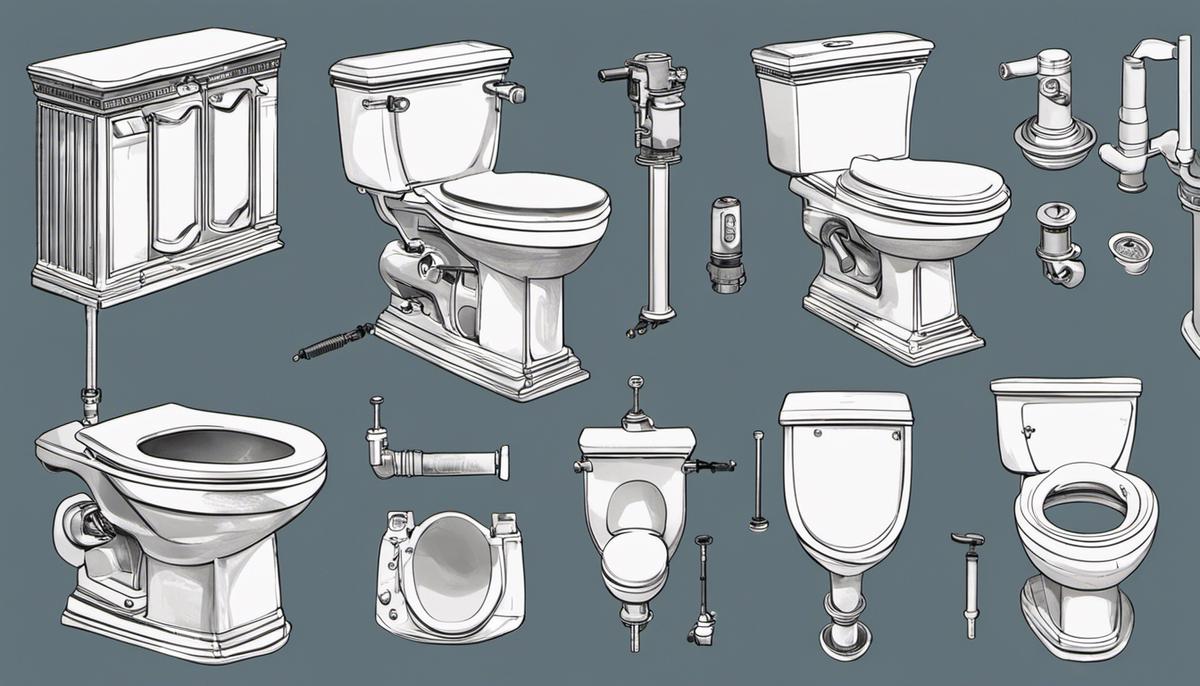
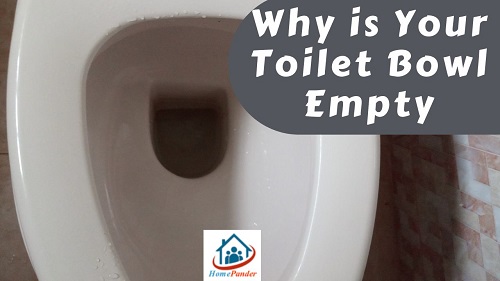
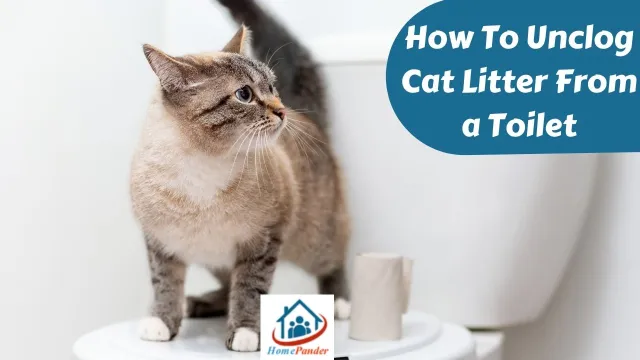
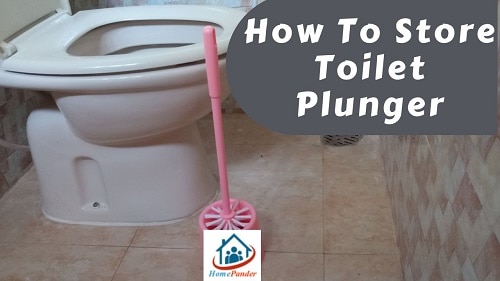
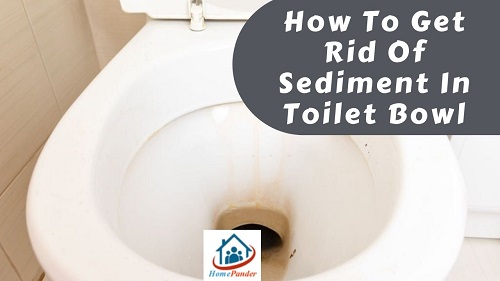
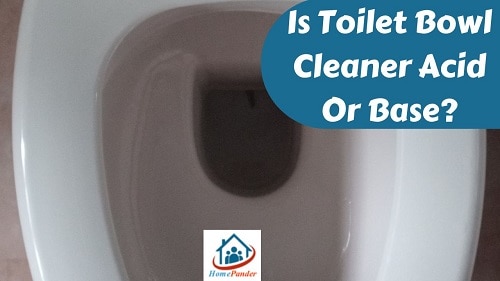
![How To Clean Dark Grout That Has Turned White [5 Easy Ways]](https://homepander.com/wp-content/uploads/2021/12/How-To-Clean-Dark-Grout-That-Has-Turned-White.webp)